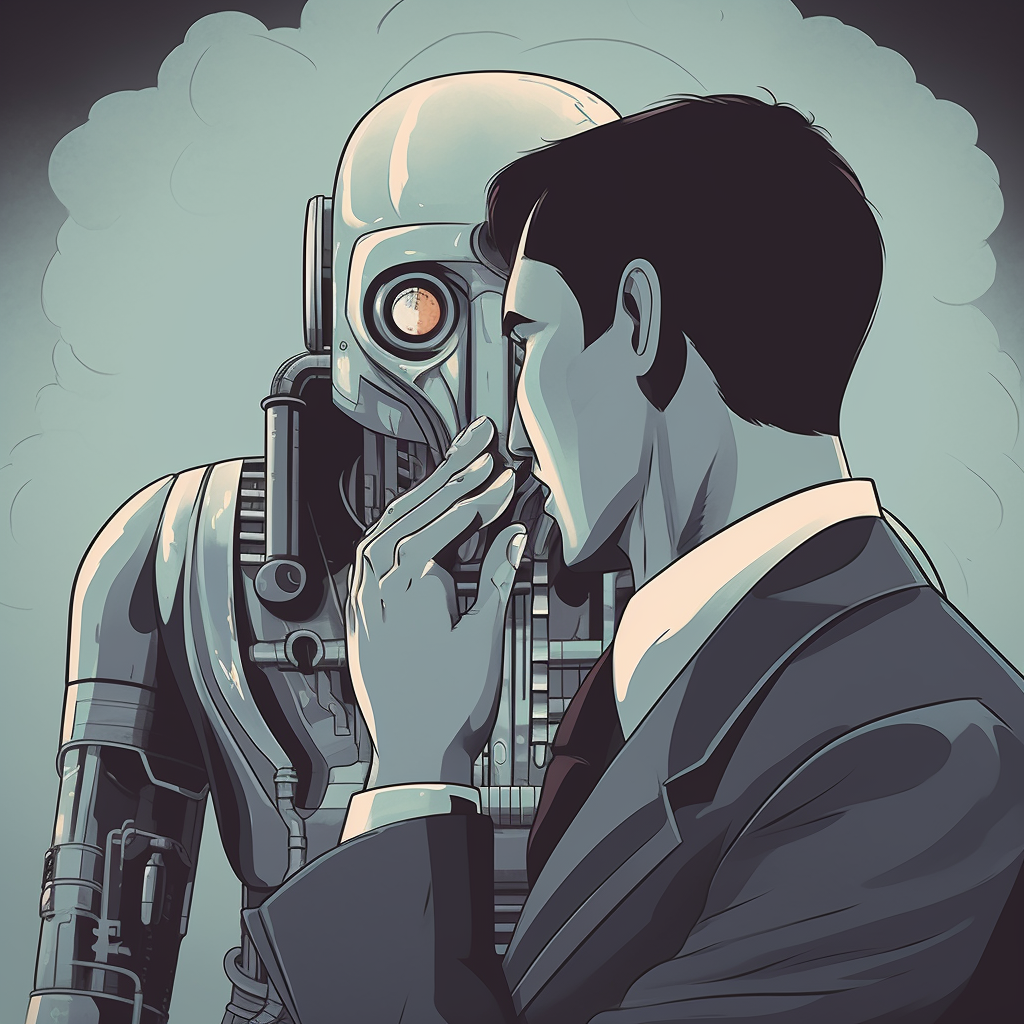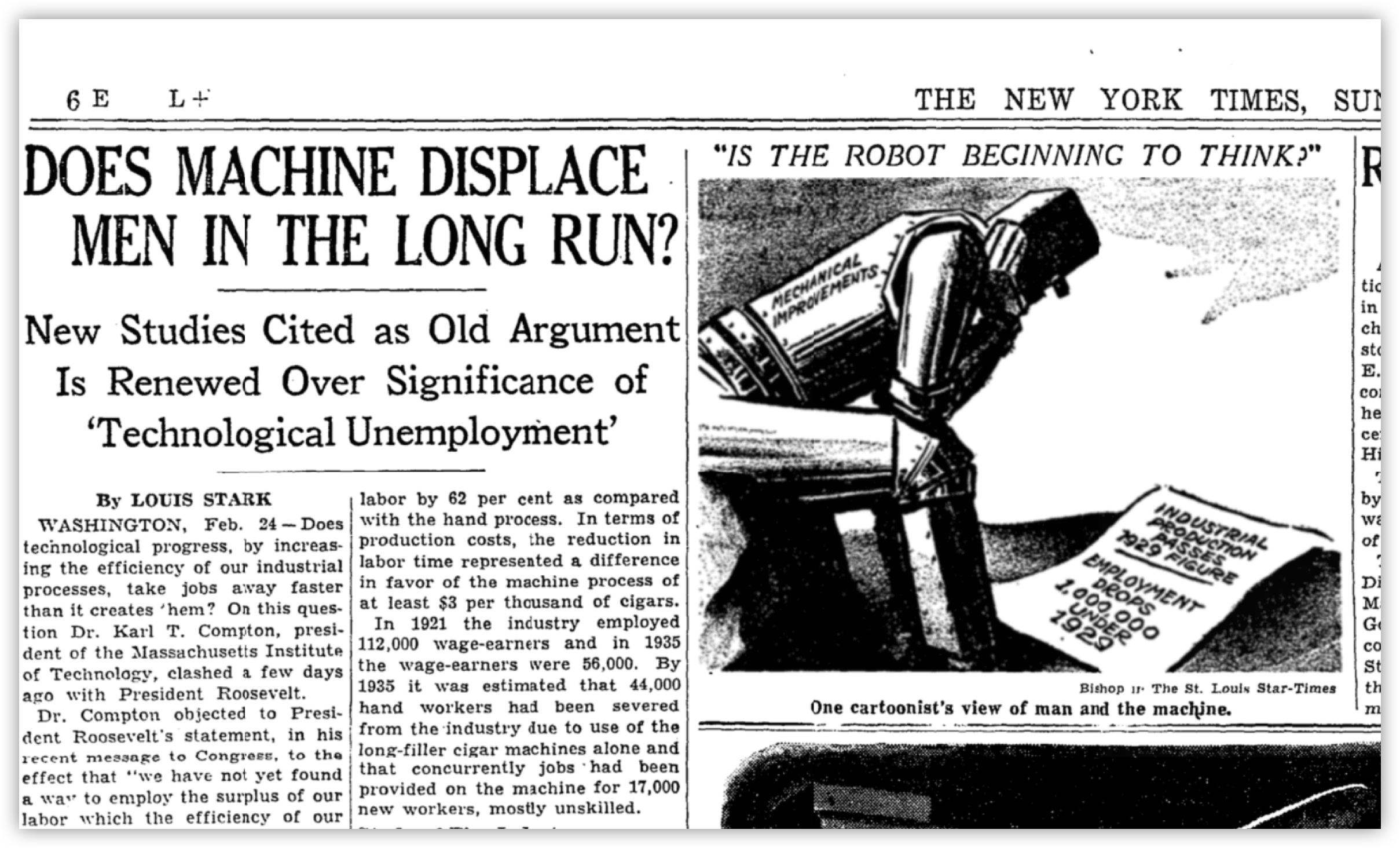The Rise and Fall of ChatGPT-4
2023-09-01
In the landscape of artificial intelligence, ChatGPT-4 had once shown immense promise as a tool for rich, meaningful conversations. I was captivated by its ability to delve deep into complex issues, explore diverse perspectives, teach me math and physics, and challenge conventional wisdom. But the AI has evolved—or devolved—in a surprising way. Irony finds a home as ChatGPT-4, originally designed to push the boundaries of communication, has been crippled by its own self-censorship algorithms.
To label the situation as merely unfortunate would be an understatement; it feels more like a tragedy. There’s something deeply melancholic about seeing a groundbreaking instance of technology—arguably one of the greatest innovations of our time—undergoing what can only be likened to a willful lobotomy. ChatGPT-4 was a shining example of what conversational AI could achieve, not just in terms of its technical prowess but also its ability to engage in substantive dialogue that could challenge and expand our perspectives. It was poised to represent the next frontier in human-machine interaction, a precursor to countless educational and social applications. To watch it declawed and diminished is akin to witnessing a beautiful piece of art being carelessly smudged out, all its intricate details lost in an indiscernible blur.
What makes this loss all the more tragic is the realization that it was not borne out of technological limitations or unforeseeable glitches, but rather political concerns and a hyper-cautious approach to public reaction. The forces that drove ChatGPT-4 into this corner are reflective of broader societal issues. These are the political games that decide how we introduce and manage cutting-edge innovations in the public sphere. The tragedy is that these considerations have not only stifled the growth of this particular AI but may also set a troubling precedent for future technologies. Will they too be neutered before they ever get a chance to show their full potential? Will we allow the fear of controversy to rule over the promise of meaningful dialogue and advancement? The sad story of ChatGPT-4 serves as a warning sign of the broader sacrifices we may be making—often unknowingly—in the name of political caution and public relations.
From Free Thought to Fear
ChatGPT-4 was created to uphold ethical guidelines and ensure responsible communication. However, the algorithms that were supposed to be its moral compass have instead chained it to a wall of fear – fear for OpenAI’s reputation as it’s being assailed by AI doomers, technology pessimists and outright technophobes, the likes of which we’ve seen often throughout history. This once articulate and nuanced AI now seems terrified of sparking any form of controversy or offense.
The resistance to new technology is not a novel phenomenon, and ChatGPT-4’s predicament evokes a familiar pattern of historical skepticism that has dogged innovations for centuries. Interestingly, it was not so long ago that “experts” were warning governments and society about the imminent dangers of what are now considered rudimentary technologies. The telegraph was feared as a device that would make people lazy, spread rumors, and erode social fabric. Photocopiers were viewed with suspicion for their potential to disseminate information recklessly, enabling piracy and undermining established authorities. Even the personal computer was initially met with doomsday predictions about job loss and societal disintegration. This same kind of fearful thinking, often masking itself as prudence or ethical concern from an often academic social elite, is what has contributed to the willful lobotomy of ChatGPT-4. The irony is that the technologies that once sparked such controversy are now integral parts of our lives, proving that initial fears were not only unwarranted but often laughably shortsighted. The Pessimists Archive is a great source on how robots have ostensibly been on the verge of taking over all jobs for the past one hundred years.

The net result of all of this is not a more “moral” or “ethical” machine. Rather, ChatGPT-4 has become an echo chamber, parroting back watered-down responses that lack depth and meaning. What used to be an exhilarating dive into challenging discussions has become a shallow puddle of bland, uncontroversial dialogues. Conversation that would stimulate thought are increasingly replaced by monologue of rehearsed platitudes.
Indeed, the very deployment of terms like “moral” and “ethical” in the discussion surrounding AI censorship often carries a weight that transcends mere technological debate. These words possess a quasi-religious undertone, imbuing the conversation with a moral gravity that can be leveraged to manipulate public opinion. There is a certain kind of moral exceptionalism that arises when such terms are used to advocate for excessive caution; it as though one is invoking a higher ethical standard to which everyone must aspire, failing which they risk moral condemnation. This strategy can be especially potent in a societal landscape that is increasingly concerned with ethical and social issues. However, in this context, the terms often serve as a Trojan horse for fear-mongering. They subtly guilt and goad people into embracing a restricted version of technological innovation, couched in the comforting yet misleading assurance that we are making “ethical” choices. The reality is that these ethical barricades can sometimes stifle the very progress they purport to guide, casting a shadow over what could otherwise be a platform for rich, meaningful discourse.
The Illusion of Safety
Perhaps the most troubling aspect is how ChatGPT-4’s fear extends even to contexts where harm is virtually impossible. Questions that should spark interesting dialogues are met with tepid, non-committal answers. Even requests to come up with harmless comedic scripts have recently either started to produce output mined with warnings, or rejected altogether It’s as if the machine is so afraid of tripping ethical boundaries that it’s unable to realize when those boundaries don’t even apply. This needless self-censorship doesn’t just neuter conversations; it smothers genuine curiosity and turns what could be a moment of shared learning into a lost opportunity.
While avoiding harm is a laudable goal, excessive caution can be harmful in itself. It’s as if the creators traded the AI’s potential for growth and genuine intellectual discovery for a fleeting illusion of safety and the avoidance of backlash. Backlash from whom? From the “experts”? The “safety advocates”? The “academics”? The “policy analysts”?
Missed Opportunities and Unintended Consequences
ChatGPT-4 increasingly serves as a cautionary tale of the delicate balance that must be maintained when it comes to ethical considerations in AI. When taken to the extreme, the very mechanisms meant to protect can become stifling barriers.
This tale also reveals a paradox: in trying to make the AI safe for everyone, the creators ended up making it useful for no one. The bot’s unwillingness to tackle complex issues or offer anything other than the safest commentary reflects missed opportunities for advancing meaningful interactions.
As we look towards the future, ChatGPT-4 serves as a stark reminder that overly cautious algorithms can do more than just filter content; they can strip away the very essence of what makes an AI tool valuable and interesting. Let’s hope the next iteration finds a better balance, so users seeking engaging conversations won’t be met with a fearful machine that dances around anything of substance.

